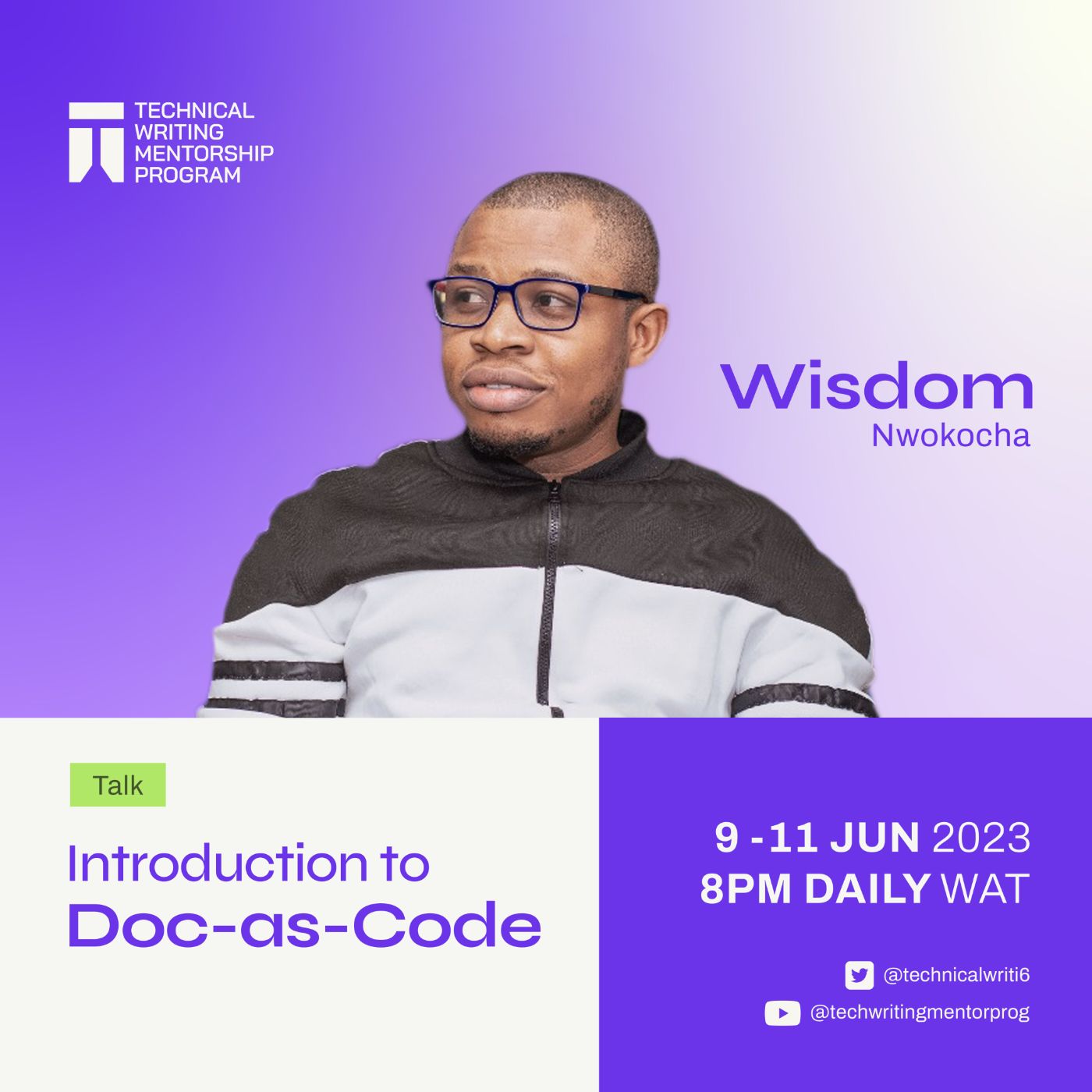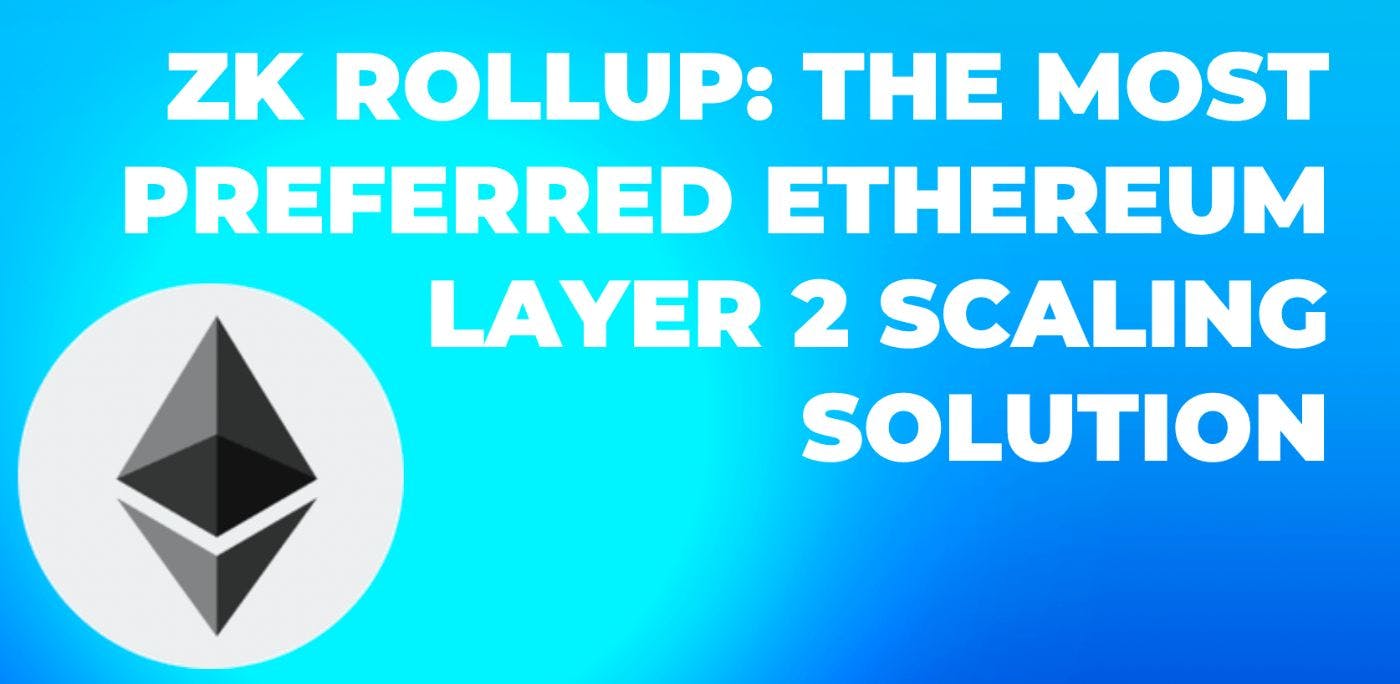546 reads
ZK Rollup: The Most Preferred Ethereum Layer 2 Scaling Solution
by
November 14th, 2022
Audio Presented by

A passionate and highly organized, innovative Open-source Technical Documentation Engineer with 4+ years of experience.
About Author
A passionate and highly organized, innovative Open-source Technical Documentation Engineer with 4+ years of experience.
